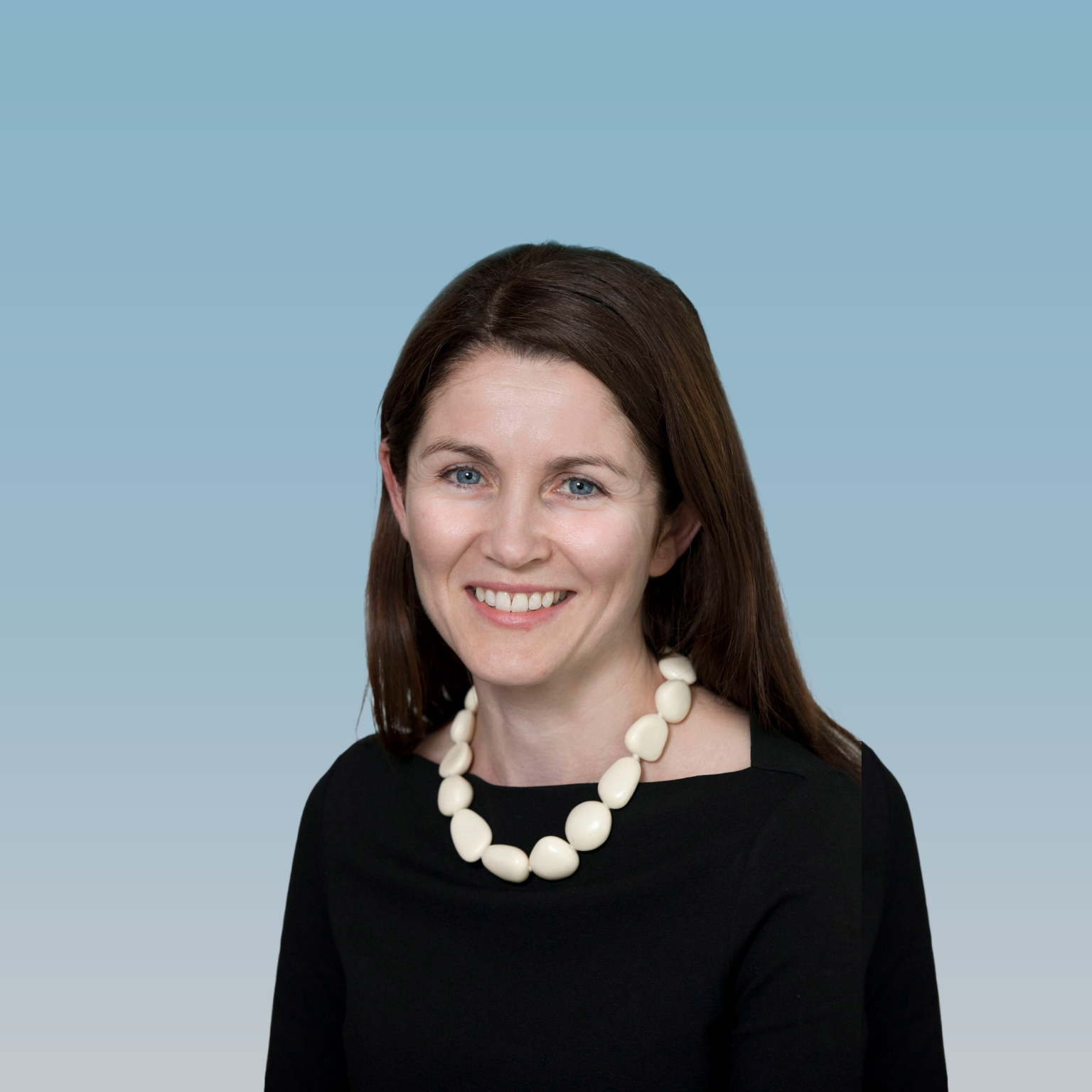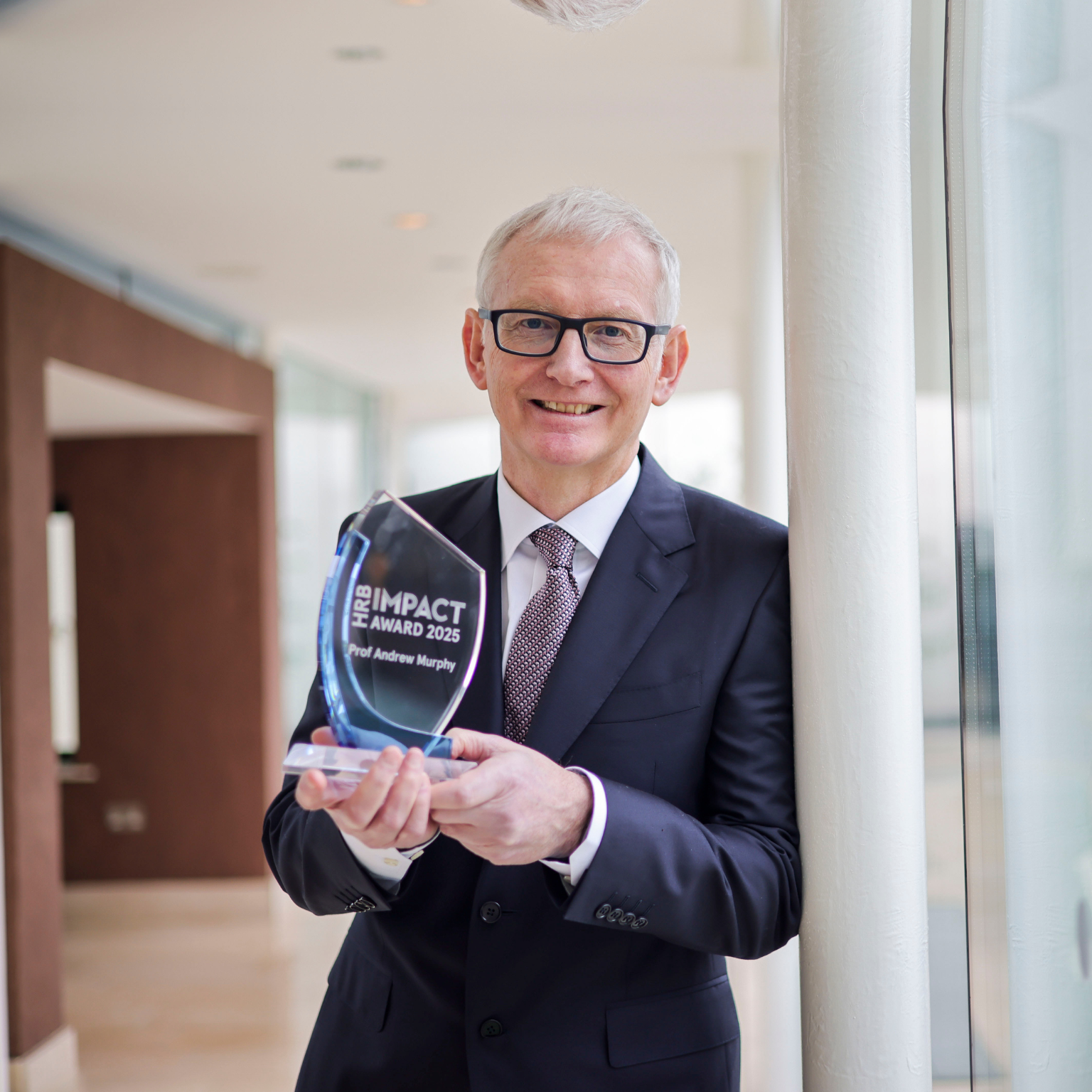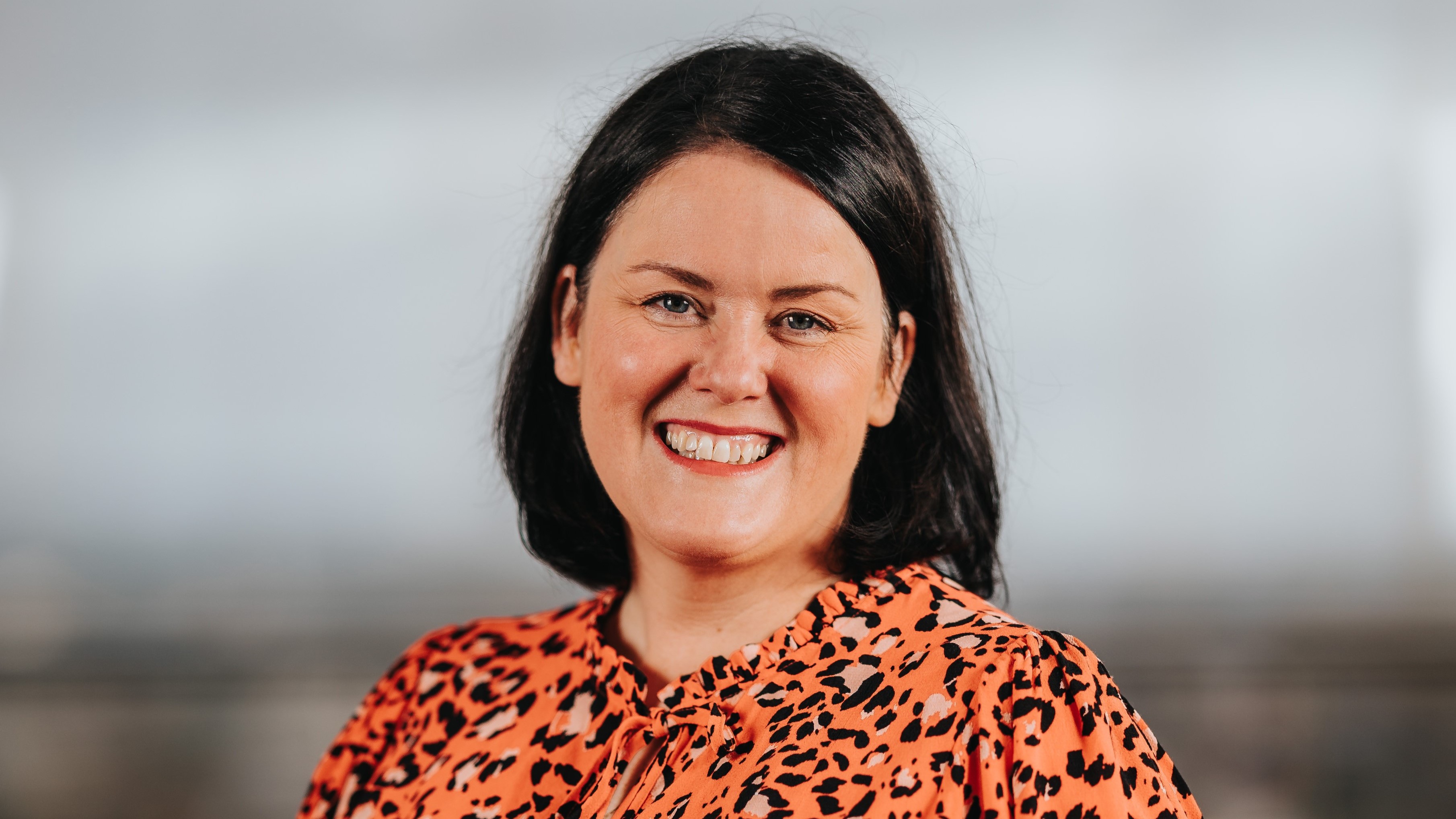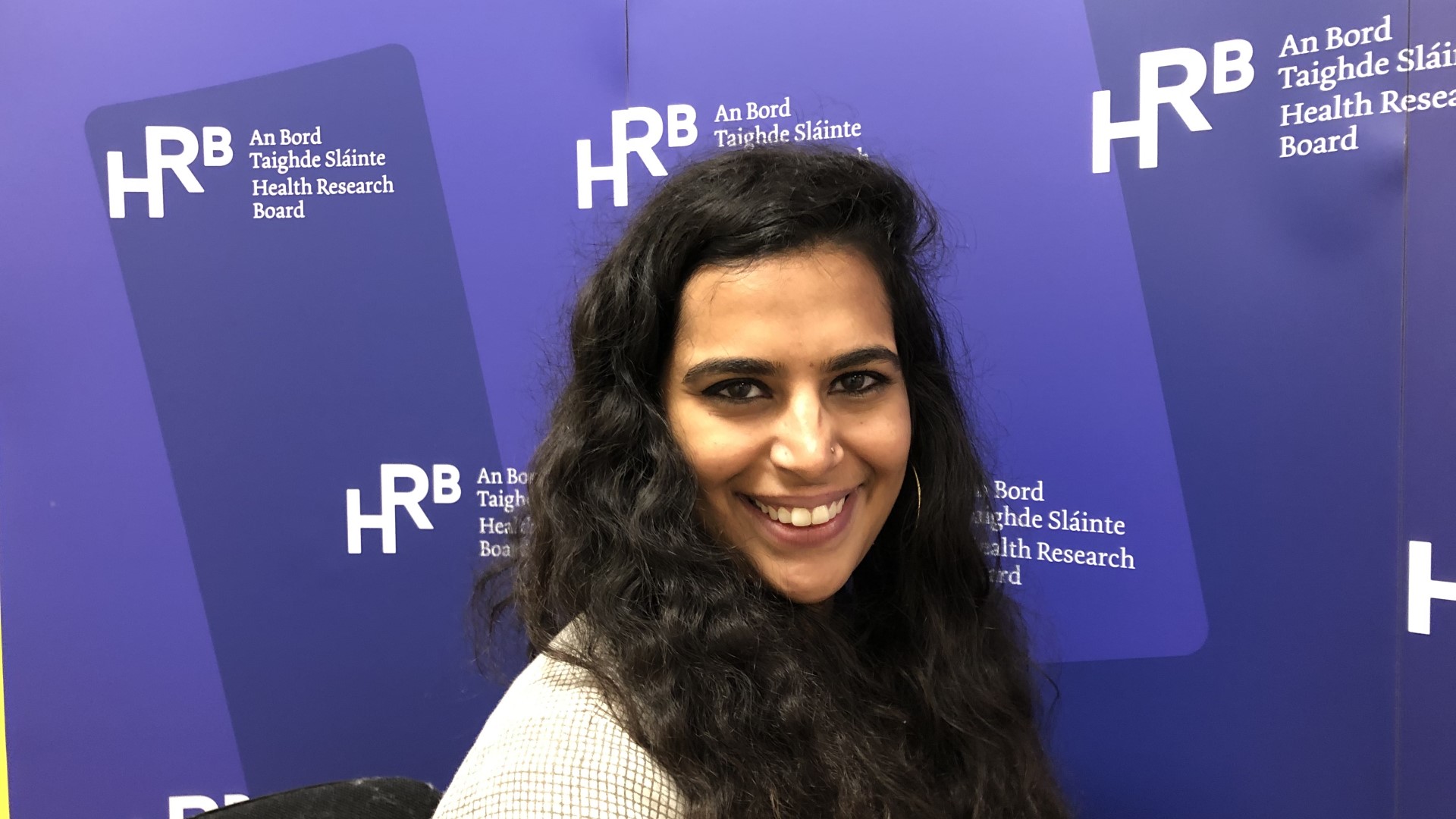Researcher profile: Cutting a DASH in health and diet research
5 min read - 28 Apr 2017
It seems so obvious: what we eat affects our health. But what should we eat to be healthy? The answers to that question can be confusing, conflicting and confounding, and many need to be taken with a metaphorical pinch of salt.
That’s where evidence comes in, and Professor Ivan Perry, Professor of Epidemiology & Public Health in University College Cork, is on the case.
He’s the director of the HRB Centre for Health and Diet Research, which analyses and collects data about the health of people in Ireland, what they are eating and the links between the two.
‘In one sense, the media tend to highlight controversy and uncertainty about the core elements of a healthy diet in terms of prevention of heart disease and cancer and diabetes’, says Ivan. ‘But in reality, there is a considerable scientific consensus that particular dietary patterns are good for health, and there is far less mystery than you would sense from casual perusal of media coverage on this issue’.
Centre on the evidence
The HRBCHDR, which has been on the go since 2008, is all about getting the scientific evidence to support national policies on diet and health and, equally importantly, boosting public knowledge about the characteristics of a healthy diet.
‘For me personally and professionally it has been very satisfying to be involved in building a large-scale research programme’, says Ivan. ‘And because we have scientists working in different areas across UCC, University College Dublin, the Institute for Public Health in Ireland and Teagasc and various other partners and collaborators, we have a broad range of research’.
Questions for the ages
One of the big research themes in the HRBCHDR is obesity and what determines it, and some of the studies have looked at the foundations of diet and health early in life. The ROLO study, led by HRBCHDR co-investigator Prof Fionnuala McAuliffe at UCD and Holles Street, found that women with diabetes who ate low glycemic index foods in pregnancy gained less weight and had babies with smaller skin folds (a measure of fatness). ‘That study was the largest in the world to look at that question’, says Ivan.
Directing the Centre has also increased his awareness of severe obesity in children, and he has been impressed by the work of HRBCHDR researcher Dr Grace O’Malley in Temple Street to develop an app that supports severely obese children and their families.
Cork takes to DASH
Another standout for Ivan is the Mitchelstown Cohort study, which gathered and analysed data about diet, physical activity and blood pressure more than 2,000 residents of the area. Of particular interest, notes Ivan, is how ‘DASH’ their diets were.
‘One of the research themes of the HRBCHDR is to try and move away from focusing on individual nutrients or foods – such as saturated fat or eggs –and look at overall dietary patterns’, he explains. ‘And the DASH diet focuses on fruit and veg and fish and salads and low fat dairy. Our group here in UCC is one of the first groups internationally to use the DASH diet score in studies, and with the Mitchelstown cohort we found that those who scored higher on the DASH diet had lower blood pressure, which is what you want from a cardiovascular point of view’.
The HRBCHDR also brought the DASH diet to workplaces – in its study of four work settings in Cork, they found that combining an educational intervention and changing the environment for dining (such as menus, layout, portion sizes), they were able to reduce average BMI and decrease absenteeism rates.
‘We now have a spin out company from this research, we are working with a national catering company, and the findings have been cited in an influential international report on obesity as well as our own national obesity strategy’, says Ivan. ‘It’s hugely satisfying to see the translational aspect of that work’.
Food for thought
Enriching public knowledge of diet and health is an active part of Ivan’s role, and he often comments in the media. ‘It’s a complex area because there are vested interests in keeping certain messages out there and certain controversies going, and in Ireland in particular we have a huge economic, social and cultural investment in the beef and dairy sector’, he says. ‘So you have to speak up for the scientific evidence – the discipline I am working in is public health, you have to take the public part seriously’.
When he gets downtime, Ivan likes to spend time with his family, to walk, read and to keep up with sport: ‘I follow virtually any sport – GAA rugby, soccer, any Irish match or Munster match, and even though I’m originally from Sligo and living in Cork, I’ll be watching Galway in the hurling’, he says.
As for his own diet, his studies in the area have had some influence. ‘I eat very little butter and I certainly avoid trans fats’, says Ivan. ‘And we eat very little salt at home – once you stop using salt, once you stop adding it to core dishes, within a short period of time you don’t miss it. You get used to it. You actually get to taste the food and not the salt’!
5 min read - 28 Apr 2017



